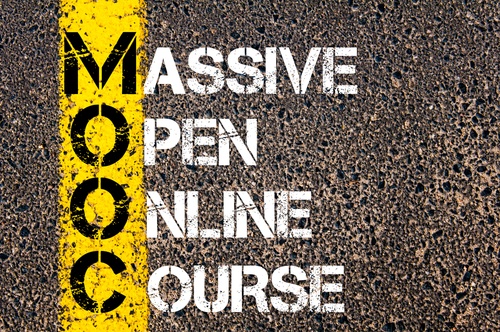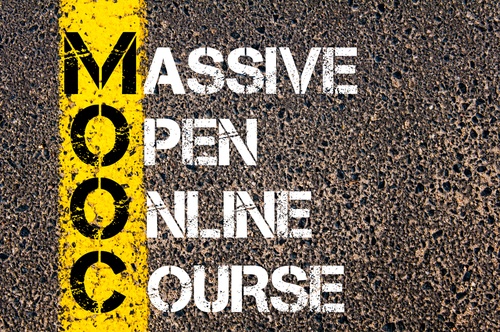What Role will MOOCs Play in the Future of Higher Ed?

The rise in online learning opportunities has done several things to the world of education, and one of those is making education more available to people that might not otherwise have the means to afford it. The advent of Massive Open Online Courses (MOOCs) has made higher education more accessible, with thousands of people being able to access courses that were once reserved for the elite few, and often at little to no cost.
What Are Massive Open Online Courses?
MOOCs are digitally-delivered courses that use online technologies to teach students without the need to physically come to a campus. These courses are created at a relatively low cost, using digital tools like the Echo360 Active Learning Platform, and can be offered to students at a more affordable rate as well. Some are given away, while others are offered at a low tuition rate. They can reach a larger number of students because they are not limited by physical classroom space.
More Schools Embracing MOOCs to Extend Education
MOOCs are popular with students because of their flexibility, making them an ideal choice for non-traditional and remote students specifically, and many universities and colleges are jumping on board to provide this form of education to their students. Yet this model isn’t currently set up to provide the same certifications, degrees and social benefits accessible through the traditional college or university experience. To extend their reach through this educational format without sacrificing the benefits of their traditional programs, some schools are looking at ways to combine the two ideas into one educational experience, according to an article in the Economist. This combination could help lower the cost of a university education without alleviating the valuable brick and mortar institution. This dual course type is appealing to both students and educators, as it provides a flexible platform for learning and instruction.
Learn more about Echo360.


